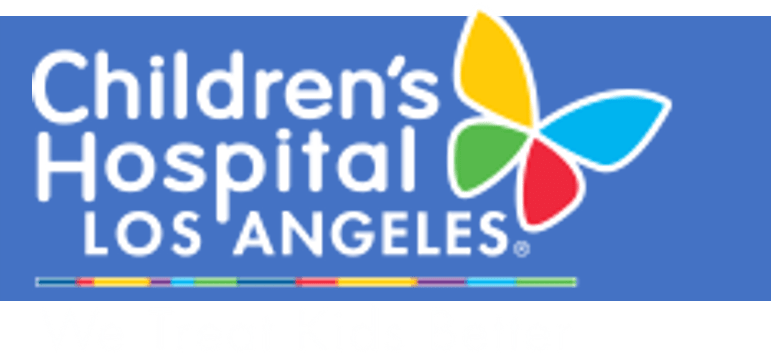

Anat Epstein, MD PhD is an attending physician specializing in hematology, oncology and blood and marrow transplantation at Children’s Hospital Los Angeles. She is also an associate professor of pediatrics at the University of Southern California’s Keck School of Medicine.
Dr. Epstein’s research is focused on investigating the biology of brain cancers. In 2014, her laboratory discovered that a little-known gene called PID1 inhibits growth of several brain cancers. Dr. Epstein is now dissecting the molecular mechanisms by which PID1 functions, with the ultimate goal of utilizing this knowledge to improve treatment of pediatric brain tumors.
Pediatric high-grade gliomas (pHGGs) are a class of highly malignant brain tumors in children. Of these, diffuse midline gliomas (DMG), including diffuse intrinsic pontine gliomas (DIPG), are especially deadly. Over 80% of these tumors carry a unique mutation that affects epigenetics, the chemical ‘marks’ on DNA that reversibly control the intensity of gene function.
In her preliminary work, Dr. Epstein discovered that an FDA-approved epigenetic drug used at low intermittent doses greatly prolongs survival of mice with such high-grade gliomas. Encouragingly, analysis of treated tumors shows that the drug exposes new vulnerabilities of the tumors to several potential therapies. Dr. Epstein hypothesizes that these vulnerabilities can be targeted by novel combination treatments together with this drug.
Indeed, two reports in myeloid leukemia cell lines suggest that combining a novel drug with a different mechanism of action with epigenetic modifying drugs has a synergistic anti-tumor effect that is greater than each alone and greater than simply adding their effects. This other drug is especially active in these mutated diffuse midline gliomas and is currently in clinical trials.
In 2024, Dr. Epstein received a Translational Research Grant from the Pediatric Cancer Research Foundation to test combining this novel drug with the epigenetic drug in a unique biologically-faithful, molecularly-accurate, immune competent mouse glioma model. Previously, in 2017-2019, the Pediatric Cancer Research Foundation provided funding for Dr. Epstein’s work regarding mechanisms of PID1 in the microenvironment of medulloblastoma.
Dr. Epstein’s current research has two aims. The first is to test in glioma cell cultures and in mouse glioma models the novel drug/epigenetic drug combination. The second aim is to use a common MRI-based imaging method (MR spectroscopy) to define early treatment-induced metabolic changes in the mouse brain tumors, which can then serve as an early non-invasive sign of anti-tumor activity of this drug.
Results of the first aim will, by demonstrating in glioma-bearing mice the efficacy of combining the new drug with the epigenetic drug, promote rapid translation of the treatments into a pediatric clinical trial. Results of the second aim will be immediately implementable in clinical trials with these drugs, allowing for detection of anti-tumor activity within a week or two of administration, long before tumor shrinkage can be evaluated.
Dr. Epstein’s proposal is geared towards developing novel approaches to therapy. The proposal will be ready for translation into clinical trials very soon after its results are obtained, thus rapidly helping advance the mission of the Pediatric Cancer Research Foundation to help improve outcomes for childhood cancer patients.
2151 Michelson Drive, Suite 180, Irvine, CA 92612
800.354.7273 | info@pcrf-kids.org